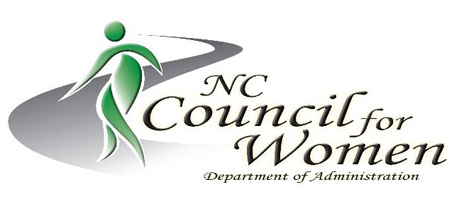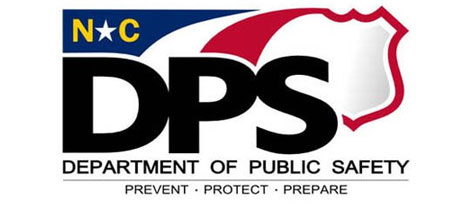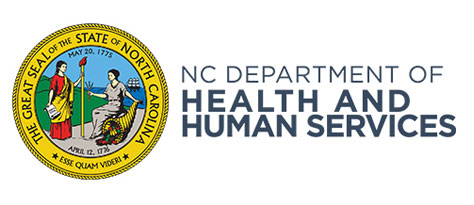Get Help
Pursuing Peace is Robeson County
All Services are Free and Confidential
Confidential 24-Hour Crisis Line
We strive to be accessible to all people, please let us know how we can help. We are available to talk anytime for support and to explore options. Call 739-8622 or 1-800-742-7794 to talk or to access shelter.
Court Advocacy
Seeking help from law enforcement or the court system can be a hard step to take. We can accompany you when going to court and provide assistance with obtaining a domestic violence protection order. We have worked with law enforcement and the Courts on behalf of survivors of violence for over 20 years. We can help you understand the process and what your options are.
Safe Shelter
We provide a safe haven for women and children available 24-hours (we can assist men and teenage boys). The shelter is a warm home-like environment. Whether you need just a couple of days, weeks, or longer we are available as a safe alternative to violence and abuse. A typical stay is up to 30 days. During a stay we can assist you with safety planning, locating safe housing, employment, health care, children’s services, and identifying other resources.
Rapid Rehousing Services
The Rapid Re-Housing Program is designed to assist homeless households (individuals and families) as they quickly move out of homelessness and into permanent housing through the provision of time-limited housing support and strategies with the ultimate goal of stable housing. The Rapid Re-Housing Program uses a combination of housing location and stabilization services combined with financial assistance, if necessary, to assist homeless households to move as quickly as possible into permanent housing and achieve housing stability.
Support Groups
We provide a safe space for you to share experiences and feelings with others who have similar experiences. Please contact us for more info or to sign up.
Children’s Program
Often children who have experienced family violence need additional help to recover from the effects of abuse. SFVC provides support for children through one-on-one and group time.
Community Dialogues
We travel in our community to discuss intimate partner/family violence with any interested group. We can tailor a presentation or training to meet your group’s interests/needs. Please contact us to schedule.
Back@Home Program
Back@Home North Carolina, which uses a rapid rehousing approach for housing stability, is a critical part of the State’s disaster response. First used in Hurricane Florence, Back@Home helps displaced disaster survivors find new housing and establish long-term stability by providing:
• Housing Navigation Services– assistance to find and move into housing
• Financial Assistance– financial support for short and medium-term rental assistance and associated housing costs, including utilities and arrears
• Case Management Services– services to help families stabilize in housing.
The public health and economic crisis created by the global COVID-19 pandemic disproportionately impacts people experiencing homelessness, communities of color, including Black, Latinx, and Indigenous people, and individuals with disabilities and/or underlying health conditions. People who experience homelessness are at high risk of contracting this disease and experiencing its worst outcomes, including hospitalization and death. People of color, especially Black Americans, are much more likely to be homeless and are one of the hardest-hit groups by COVID-19. The economic challenges and high unemployment due to COVID-19 have caused many households to become increasingly housing insecure or enter the homeless system for the first time. The homelessness system, which has strained resources in normal circumstances, is experiencing increased demand for services while modifying programs to allow for increased safety of individuals and staff. Many congregate homeless shelters are working to reduce their census in order to have a smaller population to allow for more social distancing and many providers are working to move rehousing individuals and families experiencing homelessness. The dual public health and economic crises require an aggressive, state-wide housing response that will help deconcentrate the homeless system and prevent floods of new families from entering the system. North Carolina’s Back@Home is designed to meet these challenges.
To complete the intake process, individuals must dial 211.
• Housing Navigation Services– assistance to find and move into housing
• Financial Assistance– financial support for short and medium-term rental assistance and associated housing costs, including utilities and arrears
• Case Management Services– services to help families stabilize in housing.
The public health and economic crisis created by the global COVID-19 pandemic disproportionately impacts people experiencing homelessness, communities of color, including Black, Latinx, and Indigenous people, and individuals with disabilities and/or underlying health conditions. People who experience homelessness are at high risk of contracting this disease and experiencing its worst outcomes, including hospitalization and death. People of color, especially Black Americans, are much more likely to be homeless and are one of the hardest-hit groups by COVID-19. The economic challenges and high unemployment due to COVID-19 have caused many households to become increasingly housing insecure or enter the homeless system for the first time. The homelessness system, which has strained resources in normal circumstances, is experiencing increased demand for services while modifying programs to allow for increased safety of individuals and staff. Many congregate homeless shelters are working to reduce their census in order to have a smaller population to allow for more social distancing and many providers are working to move rehousing individuals and families experiencing homelessness. The dual public health and economic crises require an aggressive, state-wide housing response that will help deconcentrate the homeless system and prevent floods of new families from entering the system. North Carolina’s Back@Home is designed to meet these challenges.
To complete the intake process, individuals must dial 211.





